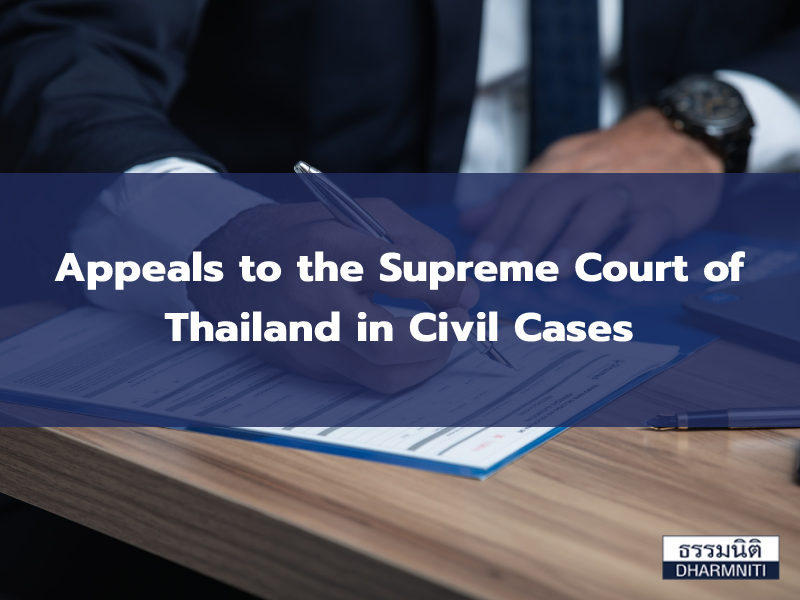The Employee Committee – An Overview
The Labour Relations Act (B.E. 2518) of Thailand (LRA) provides that in a place of business which has 50 or more employees, the employees can (but are not obligated to) establish an Employee Committee. This article shall examine key aspects of these Committee’s including their objectives, membership, rights & obligations and legal requirements for their meetings. Purpose of the Employee Committee The main objective of an Employee Committee is to foster and sustain good relations and communication between staff and their employer through meetings which must be held from time to time in accordance with the law. Such meetings provide a forum in which the employees and their employer can discuss various matters affecting the workplace such as welfare, staff complaints, staff suggestions/ recommendations and other issues impacting the workplace such as upcoming changes in the workplace. Membership of the […]









 Except where otherwise indicated, content on this site is allowed to be used under
Except where otherwise indicated, content on this site is allowed to be used under